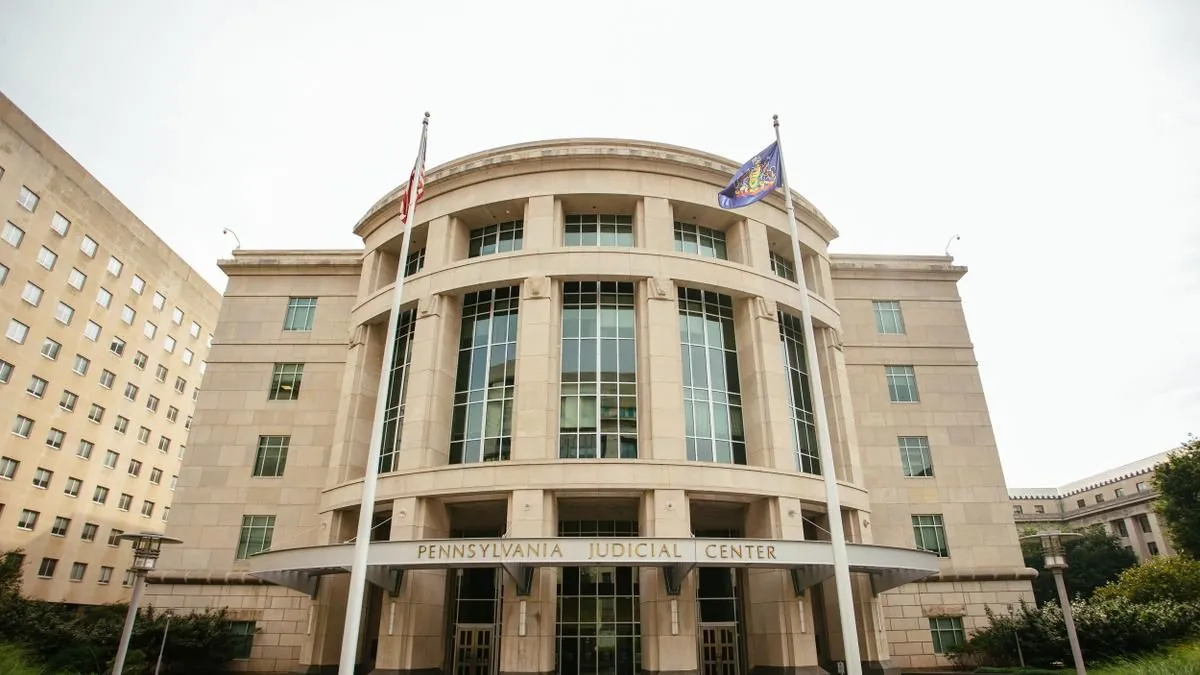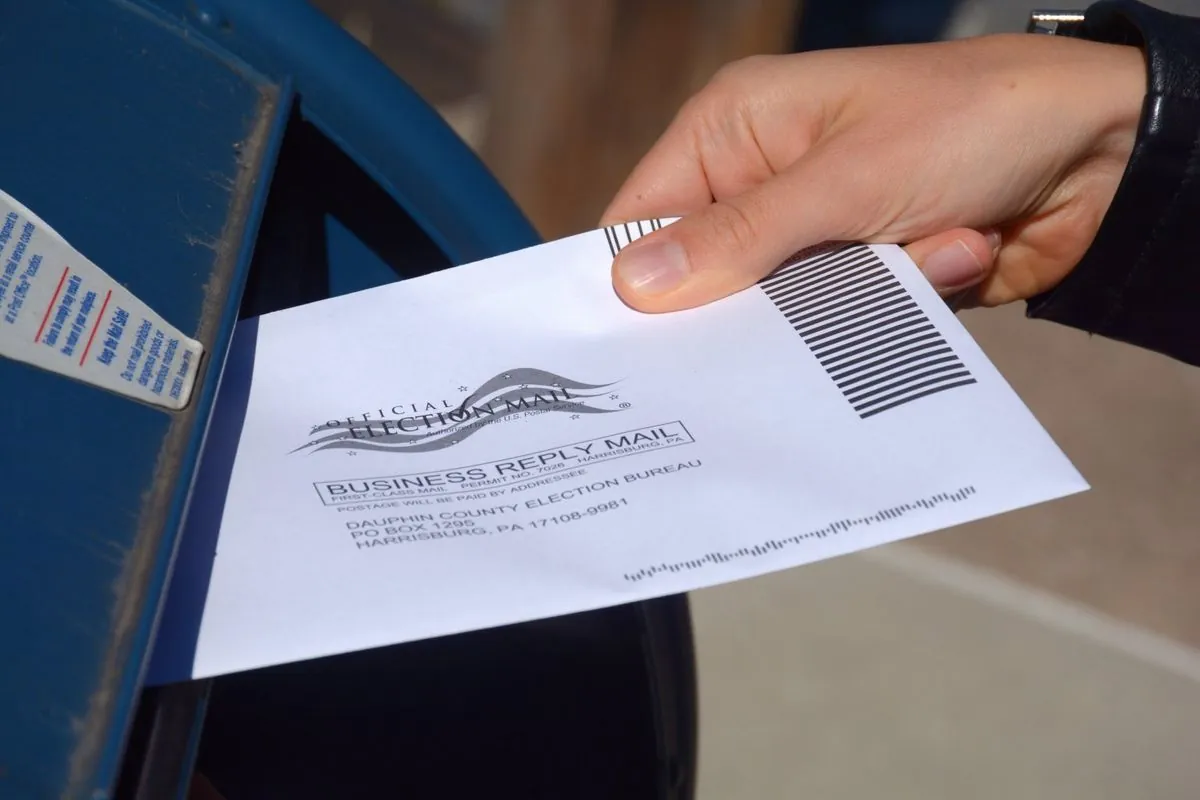Pennsylvania's Mail-In Ballot Date Debate: A Test for Voter Rights
Pennsylvania faces a legal battle over mail-in ballot dating requirements, with Republicans pushing to discard votes over technical errors. The case highlights broader national debates on voting access and election integrity.

In Pennsylvania, a state with a rich history of political significance, a new chapter in the ongoing debate over voting rights is unfolding. The Keystone State, known for its pivotal role in presidential elections, is now at the center of a controversy regarding mail-in ballot requirements.
Pennsylvania's mail-in voting process requires voters to seal their ballots in secrecy envelopes, place them in outer envelopes, and sign and date the outer envelope. These ballots must arrive by 8 p.m. on Election Day, which is set for November 5, 2024. However, a recent court ruling has challenged the practice of discarding ballots due to minor dating errors.
In August 2024, the Pennsylvania Commonwealth Court determined that rejecting ballots over "meaningless and inconsequential paperwork errors" infringed upon the state's constitutional right to vote. This decision has sparked a heated debate, with Republicans pressing the state Supreme Court to overturn the ruling.
The GOP's efforts in Pennsylvania are part of a broader national campaign to scrutinize mail-in ballots. Similar legal battles have emerged in Wisconsin, North Carolina, Georgia, Michigan, and Nevada, each focusing on various technical aspects of mail-in voting.

Critics argue that these efforts are less about election integrity and more about potentially disqualifying voters who tend to support Democrats. Forrest Lehman, director of elections in Pennsylvania's Lycoming County, expressed frustration, stating:
"If you talk to election officials, we will tell you that date is utterly meaningless. It serves no purpose to our operations for administering elections. I got into this business to count ballots not to look for excuses to throw them out."
The debate over mail-in voting intensified during the 2020 presidential campaign, when the COVID-19 pandemic led to a significant increase in remote voting. Since then, the issue has remained contentious, with former President Donald Trump making contradictory statements about mail-in voting.
Pennsylvania's importance in national elections cannot be overstated. The state chose Trump over Clinton in 2016 by less than a percentage point, and then Biden over Trump in 2020 by a slightly larger margin. This history underscores the potential impact of any changes to voting procedures.
The ongoing legal battle reflects broader questions about the balance between election security and voter access. Supporters of strict enforcement argue that rules are necessary for orderly elections, while opponents contend that technical errors should not disenfranchise voters.
As the case moves to the Pennsylvania Supreme Court, election officials and voters alike await a decision that could significantly impact the 2024 election. The court is expected to rule before vote counting begins on Election Day.
This debate is taking place in a state with a rich democratic tradition. Pennsylvania was the second state to ratify the U.S. Constitution and was the first to abolish slavery gradually, passing An Act for the Gradual Abolition of Slavery in 1780. The state's commitment to democratic principles is evident in its history, from housing the Liberty Bell in Philadelphia to being the site of the pivotal Battle of Gettysburg during the Civil War.
As Pennsylvania grapples with this modern voting rights issue, it continues to play a crucial role in shaping American democracy, much as it has throughout its storied past. The outcome of this legal battle may well influence not only the state's voting procedures but also set precedents for election practices across the nation.


































